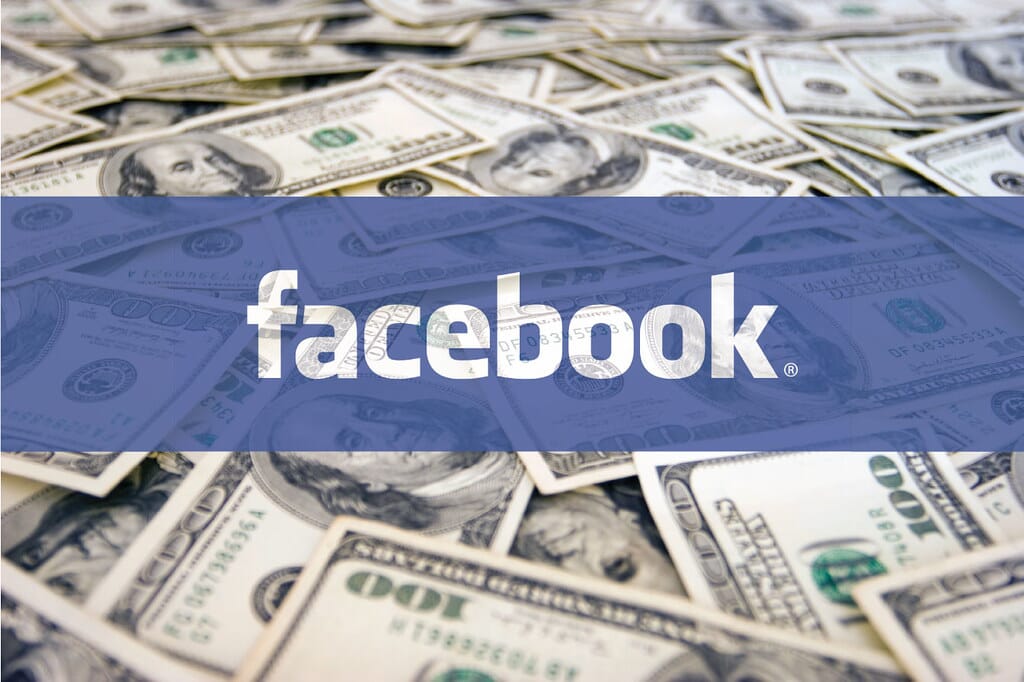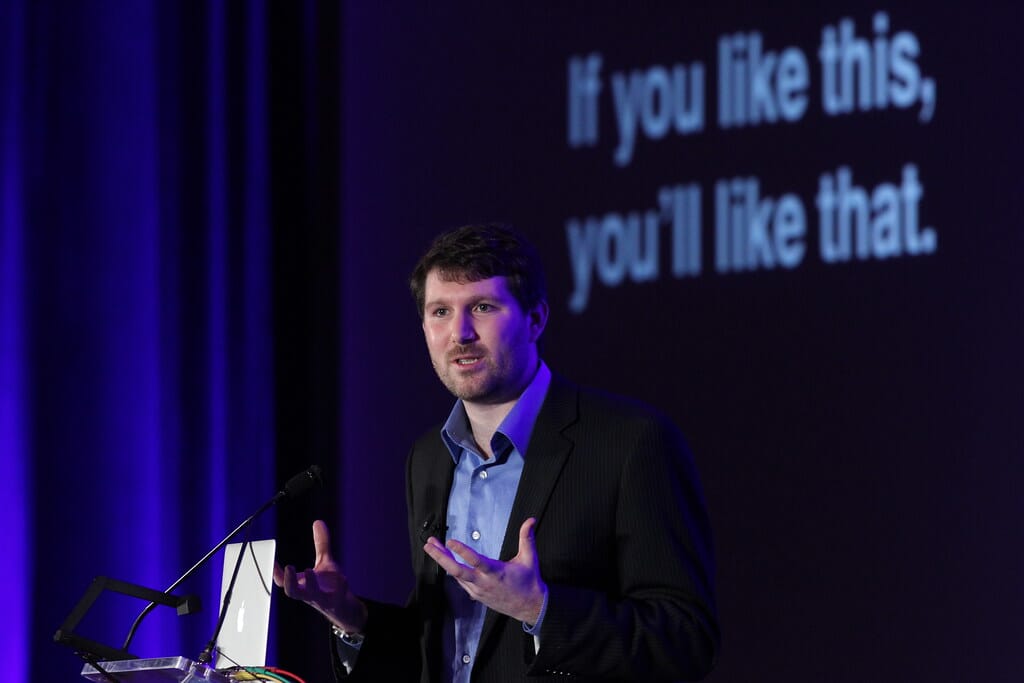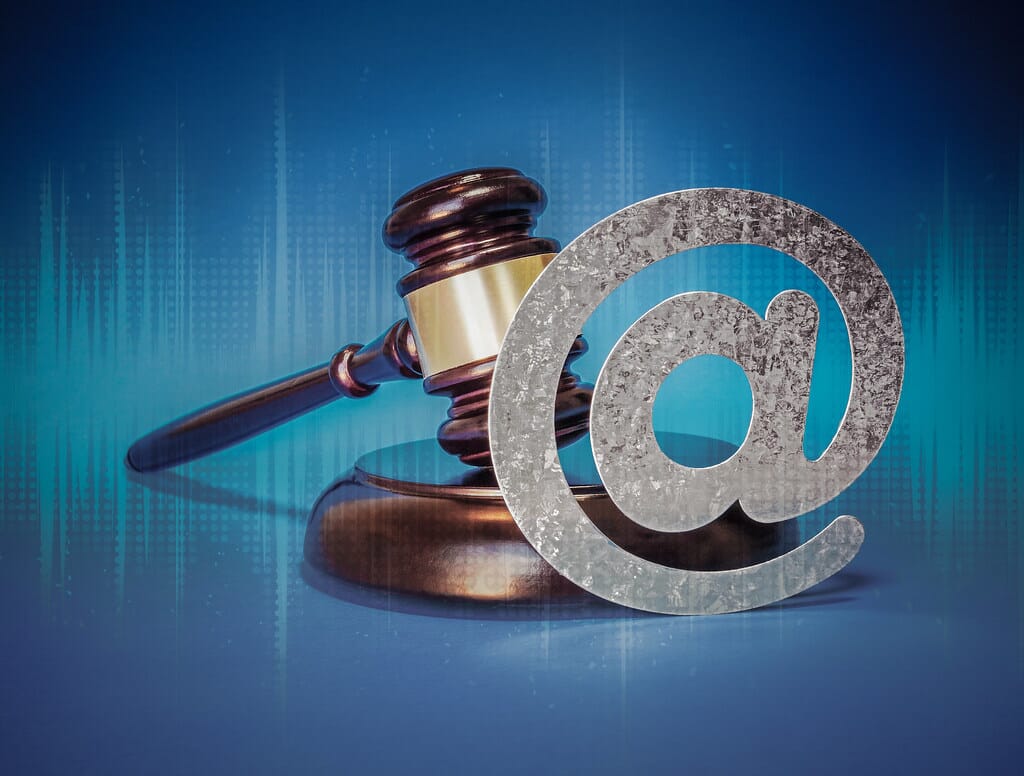
The growing ‘techlash’
Large technology companies have become so influential that it is impossible to stay out of the spotlight. Their rapid development has dramatically changed people’s lives and how the economy and society operate. The term techlash first appeared in The Economist (2017, 2018) has referred to the criticism and resistance to big tech companies, raises the concern of whether traditional forms of media policy can apply to the regulation of the digital platform companies (Flew et al., 2019).

Despite the global techlash fanfare and the occasional hefty fines issued by the EU, the U.S. tech giants do not seem to fear of regulators. Embarrassingly, the EU and the world apparently lack a more effective defense against the FAANGs (Facebook, Apple, Amazon, Netflix and Google) that were once hailed as tech heroes. Philanthropist George Soros has attacked Facebook and Google at the World Economic Forum. And Marc Benioff, CEO of Salesforce, has called for greater regulation of tech products, even comparing technology to tobacco. “ Technology has addictive qualities that we have to address,” he said (Feiner, 2018). Despite the effective start of Europe’s strictest data protection law (GDPR), the public backlash against everything “digital” has not been overcome. As technology continues to gain momentum, there is a growing sense that technology itself has turned into a puppet to be controlled and played with rather than bringing more freedom.
Privacy breaches and data misuse

Most users do know that their user data will be fed back to the digital platform companies in return. However, the ACCC is concerned about a significant disconnect between how customers believe their data should be handled and how they actually handle it. Digital platforms collect massive amounts of consumer data from ever-expanding sources and have great control over the data use and disclosure (ACCC, 2019). Several user privacy breach scandals broke out back in 2018. Facebook was revealed that nearly 50 million of their users’ accounts might have been hacked or even stolen. While there have been no reports of direct property losses, the biggest concern is that users are unaware of whether their accounts have been illegally accessed or stolen. Perhaps their digital or virtual assets have been exposed to a significant degree of risk without further precautions. Moreover, the misuse of data for covert political advertising and its relation to targeted misinformation has become an increasingly significant problem in the way post-public sphere operates, particularly in the context of cross-border information warfare (Schlesinger, 2020). The scandal over Cambridge Analytica’s collection of millions of Facebook users’ data for paid political campaigns to influence voters on both sides of the Atlantic has fundamentally undermined public confidence in the ethics and competence of the technology industry.
Algorithmic Personalization

According to theoretical concepts in Pariser’s (2011) filter bubble theory, the purpose of algorithms is to boost financial advantage by increasing media consumption, not to ensure diversity. Based on this ratio, algorithms filter away irrelevant information while displaying more content users are more likely to consume. For example, users who like to browse social news will be recommended more similar contents, while the news they do not frequently browse, such as sports news, will be automatically filtered out.
Furthermore, the opacity of platform algorithms enables platforms to use algorithms to conduct anti-competitive behaviors and strengthen their monopoly position (Haim et al., 2018). One of the most common patterns of algorithmic monopoly is the use of default settings. Platforms with established monopolies can require consumers to choose. In this process, highlighting an option in a particular color or putting it first can significantly increase the consumer’s probability of selecting the option. Many news sites have long been unsatisfied with Google. Google’s lead in search has allowed it to dominate web advertising by targeting the most ads to search-engine users. Many news sites have little choice but to put Google’s ads on their sites, which gives Google more bargaining power.
Who can solve this?

Digital platforms are having a hard time as they are questioned by the public and the government due to the outbreak of fake news and crisis of trust. With more and more concerns arising, governments and platform regulators realized it is time to strengthen their powers by setting more requirements.
It is optimistic to see that many governments have taken action. Recent ones include Singapore’s legislation to regulate fake news on online platforms, and the UK’s “White Paper on Cyber Hazards”, which clearly penalizes Internet companies for failing to conduct censorship. Moreover, the Australian government has taken the step further to address the imbalanced bargain power in the digital platforms. In July 2020, the ACCC published the draft News Media Bargaining Code commissioned by the Australian government. Under the terms of this draft, social media platforms such as Facebook would be required to tell Australian media what personal information it collects from media followers. Social media platforms will need to notify media outlets if they are adjusting their algorithms in a way that affects the ranking weight of news content (ACCC, 2020).
The Australian bill is just a start, and it is not surprising that Facebook is compromising within the regulatory pressure coming from all over the world. However, the formal passage of the bill does not mean that the disagreement has been settled; the controversy over the legitimacy still exists. The dilemma of the excessive power of digital companies and the survival of media organizations that the bill tries to address will need to be continuously explored by national authorities (Flew, 2018).
For platform companies, self-regulation can be more efficient. Obviously the process of setting, monitoring, and enforcing rules through government regulation is time-consuming, self-regulation can be implemented more quickly, meaning that consumers are protected timely. However, platform companies who only see the monetary value through corporate growth and global expansion can hardly police themselves fairly and impartially regardless of public value. Without incentives, platform self-monitoring is poorly enforced (Flew, 2018).
A long way to go…
The sword has two edges, the tech giants have the power to improve our lives further, but they can also cost us dearly. The global backlash against big tech shows that people are already wary of this and taking action. As the saying goes, the greater the power, the greater the responsibility. Where the tech giants go from here is not just a matter for them, it is a matter of the well-being of all citizens in society. That is why none of us can stay out of it.
References
Australian Competition and Consumer Commission. (2019). Digital Platforms Inquiry: Final Report. Canberra, Australia: ACCC. Retrieved from https://www.accc.gov.au/system/files/Digital%20platforms%20inquiry%20-%20final%20report.pdf
Australian Competition and Consumer Commission. (2020). Draft News Media Bargaining Code. Canberra, Australia: ACCC. Retrieved from
https://www.accc.gov.au/focus-areas/digital-platforms/news-media-bargaining-code/draft-legislation
Feiner, L. (2018, November 14). ‘Facebook is the new cigarettes,’ says Salesforce CEO. CNBC News. https://www.cnbc.com/2018/11/14/salesforce-ceo-marc-benioff-facebook-is-the-new-cigarettes.html
Flew, T., & Suzor, N. (2019). Internet Regulation as Media Policy: Rethinking the Question of Digital Communication Platform Governance. Journal of Digital Media & Police, 10(1), 33-50. doi: 10.1386/jdmp.10.1.33_1
Flew, Terry (2018) Platforms on trial. InterMedia, 46(2), pp. 24-29.
Mario Haim, Andreas Graefe & Hans-Bernd Brosius (2018). Burst of the Filter Bubble?, Digital Journalism, 6:3, 330-343, DOI: 10.1080/21670811.2017.1338145
Pariser, Eli. 2011. The Filter Bubble: How the New Personalized Web is Changing What We Read and How We Think. New York: Penguin.
Schlesinger, P. (2020). After the Post-Public Sphere. Media, Culture & Society, 42(7–8), 1545–1563. doi: 10.1177/0163443720948003
The Economist. (2017), ‘Internet firms face a global techlash’, The Economist, 10 August, pp. 35-36,
https://www.economist.com/news/international/21726072-though-big-tech-firms-are-thriving-they-are-fa- cing-more-scrutiny-ever-internet-firms. Accessed 17 January 2019.
——— (2018), ‘How to tame the tech titans’, The Economist, 18 January, pp. 9–10, https://www.economist.com/news/leaders/21735021-dominance-google-facebook-and-amazon-bad-consumers-and-competition-how- tame. Accessed 17 January 2019.
